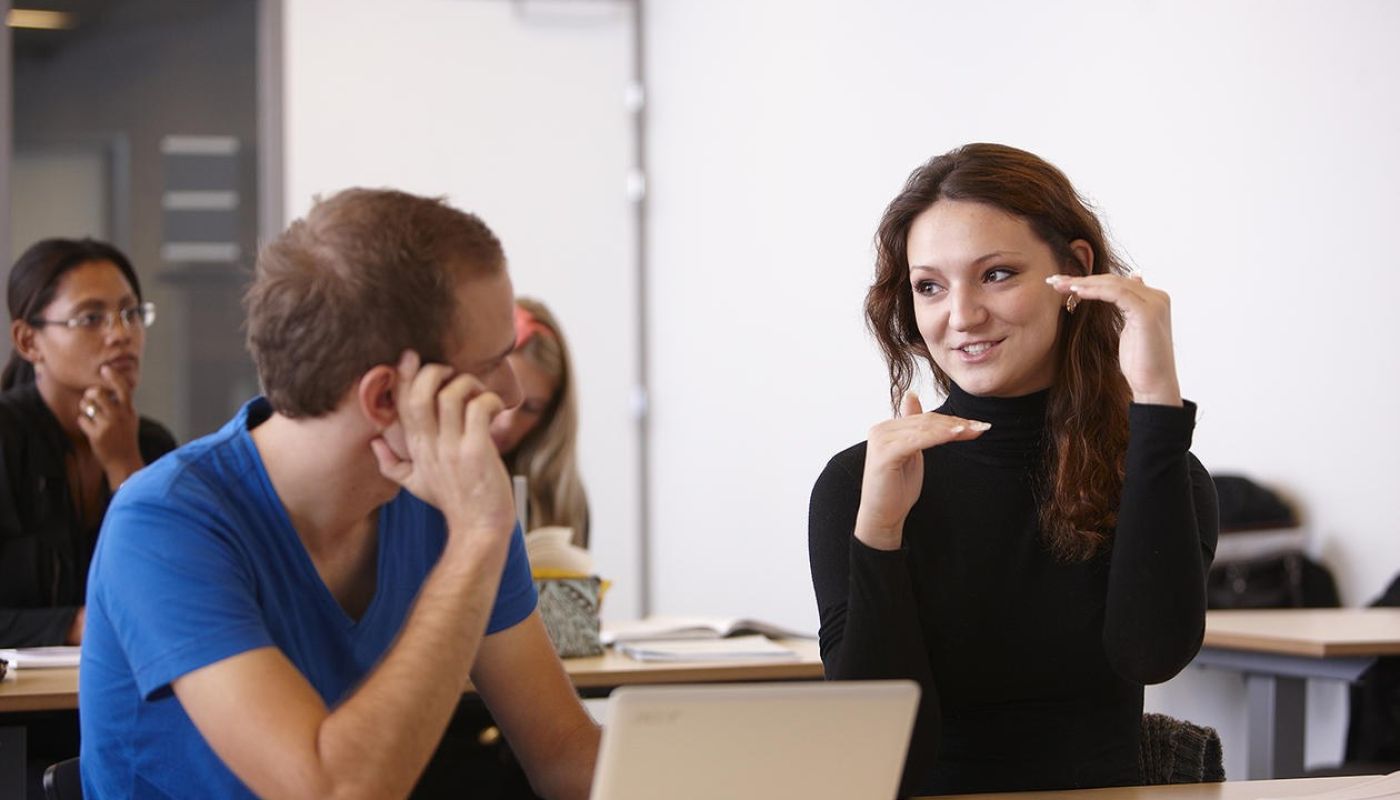UiB's Centre for International Health and two other partners in the educational network TropEd have collaborated since 2016 to create an Erasmus+ project in Global Health Education that involves students being virtually mobile instead of physically so.
Novel Erasmus idea
The goal of the Erasmus programme is that students should travel to experience other institutions, other cultures, and, not the least, access experts in a field of interest. However, as Lisanne Gerstel from KIT Royal Tropical Institute, Amsterdam, explained, while students do benefit from being able to move around to different institutions thereby accessing different subject specialists, there are some administrative challenges involved in short stays at different institutions.
Virtual travel
This Erasmus plus project combines the Erasmus advantage of giving students access to international expertise at different academic institutions, but avoids the administrative challenges of physical travel and residence. However, the project leaders caution, that there were some administrative challenges associated with providing students access to the different Learning Management Systems at the 3 participating campuses.
Global Health Education programme
The project involved researchers and specialists in their respective fields from the Centre for International Health Bergen, Queen Margaret University Edinburgh, and KIT Royal Tropical Institute, Amsterdam. Each institution was responsible for producing one online module for the programme (5 ECTS) each year over the 3 year project period. When the project period is over at the end of 2018, there will be a total of 9 online modules in Global Health Education. In addition, each institution was responsible for enrolling 8 students in the programme, for a total of 24 students. The activity in the programme is evaluated both by students and staff, and the results will be published.
Lessons learned
Moving from face-to-face classroom teaching to online, Learning Management System-based teaching is challenging and time-consuming. However, the overall consensus is that this kind of virtual teaching / learning have many advantages for students and teachers alike. A Handbook will be developed from the project to help others who want to create online courses. The project group plans to submit another project proposal for the next Erasmus period to build on the current project’s experiences.
3 Modules from the Centre for International Health
Qualitative Research Methods for International Public Health
Course coordinator: Karen Marie Moland
Global TB epidemiology and intervention
Course coordinator: Sven Gudmund Hinderaker
Applied economic evaluation in health care
Course coordinator: Bjarne Robberstad

